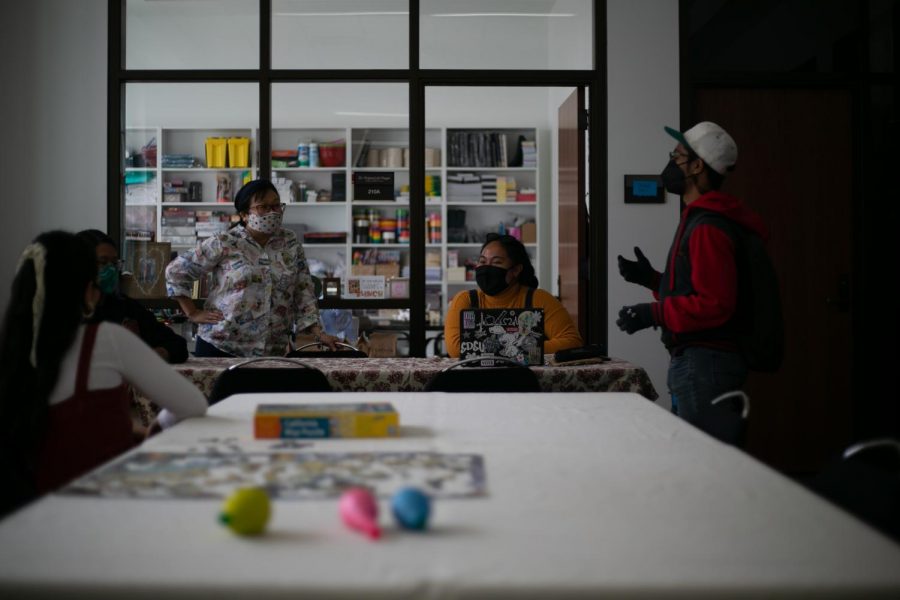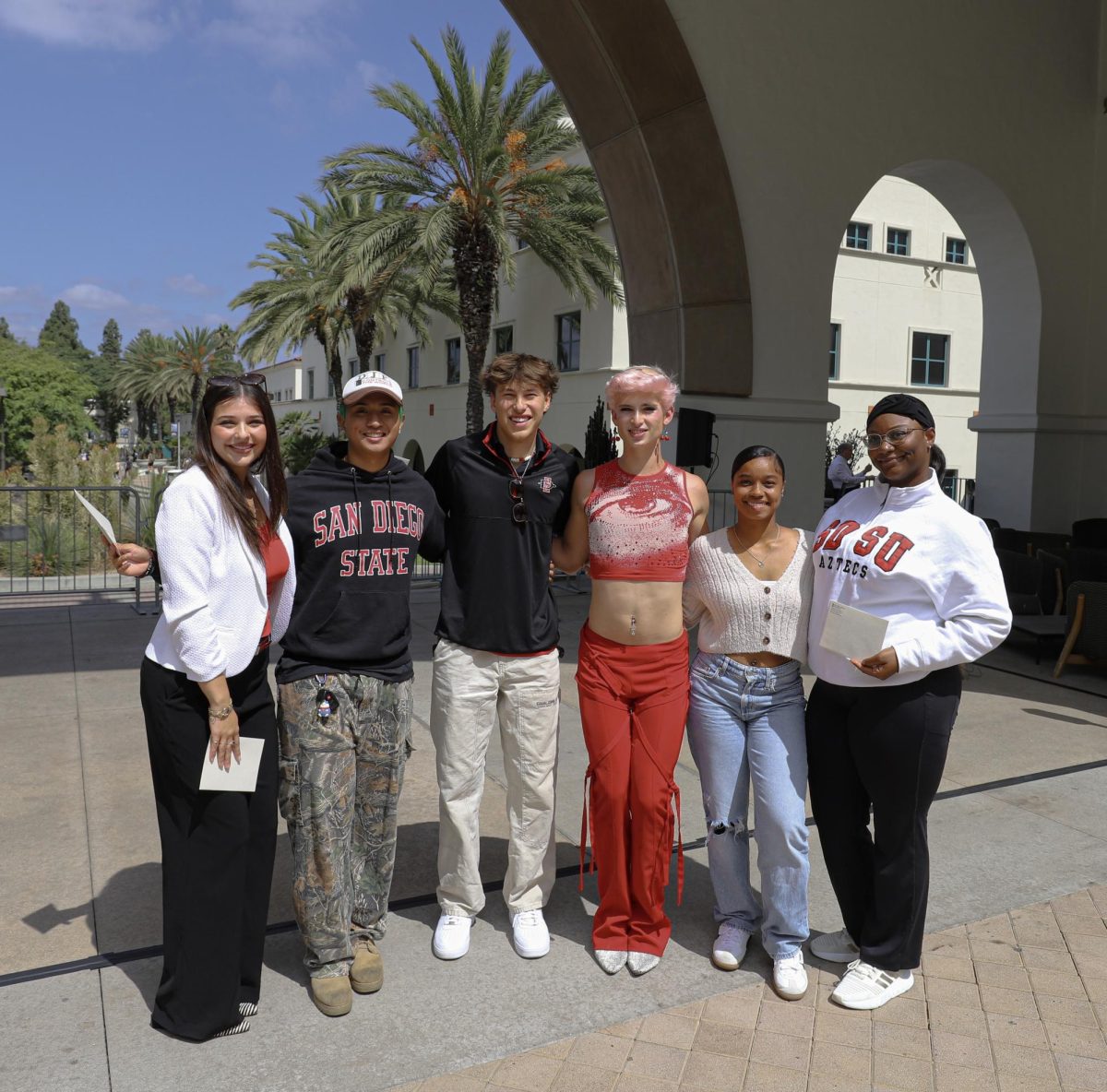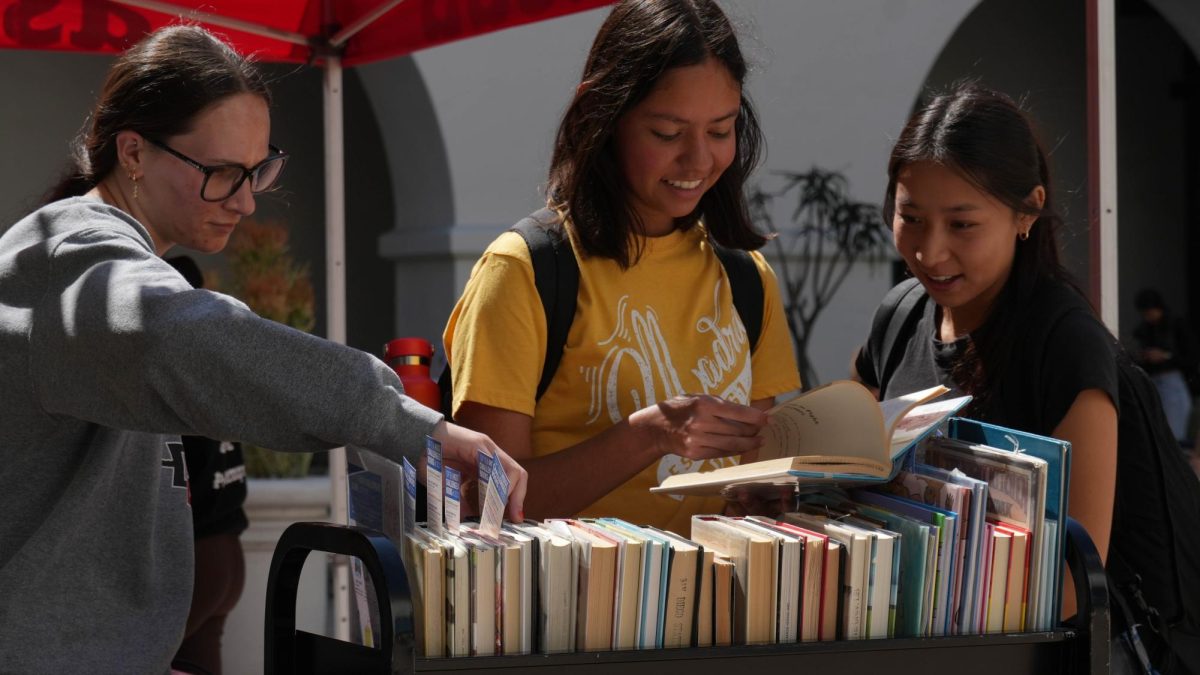Throughout nearly half a century, Asian American Studies remained a glaring gap in the inclusiveness of ethnic studies, according to Associate Professor and Department Chair of Sociology, Minjeong Kim. Finally, the process of filling this educational void at San Diego State is in motion.
SDSU, along with other CSU’s, received funding to bolster their ethnic studies curriculum. The faculty searches include two professors for Chicana/Chicano studies, one each for American Indian studies and Africana studies, and two professors who will be in charge of building SDSU’s first Asian American Studies department.
Minjeong Kim, also chair of the search committee said when it comes to creating this department, SDSU needs to play catch up.
“I don’t think two (faculty members) is enough,” she said. “But two is better than one, and I’m very happy and privileged to be a part of this process.”
As of right now in 2022, SDSU has, on average, only three Asian American courses to serve its Asian Pacific Islander Desi American (APIDA) population of 13%.
That is a small number, according to Dr. Kim, and proposing new courses will be crucial to building the department. Dr. Monica Casper, Dean of the College of Arts and Letters, described this gap in the ethnic studies curricula as a four-legged chair missing a leg.
She said the opportunity to build a new department is extraordinary but will remain a supportive role during its creation.
The Asian American Studies department would offer majors and new curricula covering more than an intro to Asian American history.
Out of 140 applicants, the search is narrowed down to three associate professor candidates, four assistant professor candidates and only one for each position will be hired.
An associate professor usually has more experience and is tenured at their institution. Assistant professors tend to be newer to the field, just out of graduate school, and are the usual hires for SDSU. The move to recruit an associate professor is a big one and essential to the development of the department because of their experience. The assistant professor will also have a leadership role in the department.
As part of the hiring process, Dean Casper asked the APIDA Center to host meet and greets with the final seven candidates. Dr. Virginia Loh-Hagan, director of the center and search committee member, actively invites students who utilize the center to join in the conversation.
“You have an opportunity to participate in a momentous occasion,” Loh-Hagan announced to the students in the APIDA center on Monday, March 14 during a meet and greet with a candidate.
She emphasized the importance for student participation because these candidates will be representing the students themselves.
Other search committee members include Dr. Sandra Wawrytko, Dr. Sureshi Jayawardene, and Dr. Michael Dominguez.
Business entrepreneur fourth year Mirei Kubota took the call and has been to three out of five of the meet and greets hosted at the center.
“If they hire someone we don’t like then it’s kind of our fault for not attending these meetings and voicing our opinions,” Kubota said. “I like to attend and get to know the person before considering them to be our representative.”
Dean Casper said students do not have a vote in who is hired but highly encourages students to voice their opinions to committee members to help them with the decision.
Associate Professor in the School of Theater, Television, and Film Dr. Brian Hu, joined in on the meet and greet simply because he was excited to meet his future colleagues. When the new faculty are hired, he wants to help.
“It’s a glaring absence in the curriculum right now as it stands,” he said. He emphasized without individual departments there is a danger of these courses feeling like electives.
“That is a continued marginalization of this knowledge,” he said. Despite the absence of an Asian American Studies department, Hu has only seen progress since his hiring in 2018.
“It wasn’t shocking that SDSU didn’t have [a department]. It has to be fought for. Since being here, I found that there’s a lot of demand for it and this was a happy surprise,” he said.
For students like Kubota, she said she thought it was normal not to have a center that prioritized her cultural identity. It was not until she joined the Asian American Pacific Islander Alliance and the opening of the APIDA center that her mindset shifted.
“I actually became active and I was the one leading people,” she said. “It gave me a whole new perspective on how it feels to be represented.”
Only in her fourth year at SDSU did she learn the value of representation, but now she’s graduating. Kubota said she wished she knew sooner how good it would feel to embrace one’s cultural identity.
Loh-Hagan said throughout her SDSU career, she has noticed this absence, but was also not activated about it until the APIDA Center was established.
“I think this is the power of having a resource center here,” she said. “The minute we started thinking about having an APIDA Center, it immediately framed my mind to be thinking about the resources and programs for our students.”
Loh-Hagan said she is confident the new Asian American Studies department will carry the same sentiment in supporting students.
“I’m hoping that all our students will have the opportunity to really dig deep into knowing APIDA history,” she said. “I think that’s important because I think that ignorance is one of the root causes of anti-Asian hate. The more visibility and more understanding we have of people, the less likely we are going to suffer from discrimination and hate.”
An earlier version of this article was titled “APIDA Center representatives advocate for Asian American Studies major.” It has been changed for accuracy purposes. The Daily Aztec regrets this error.







